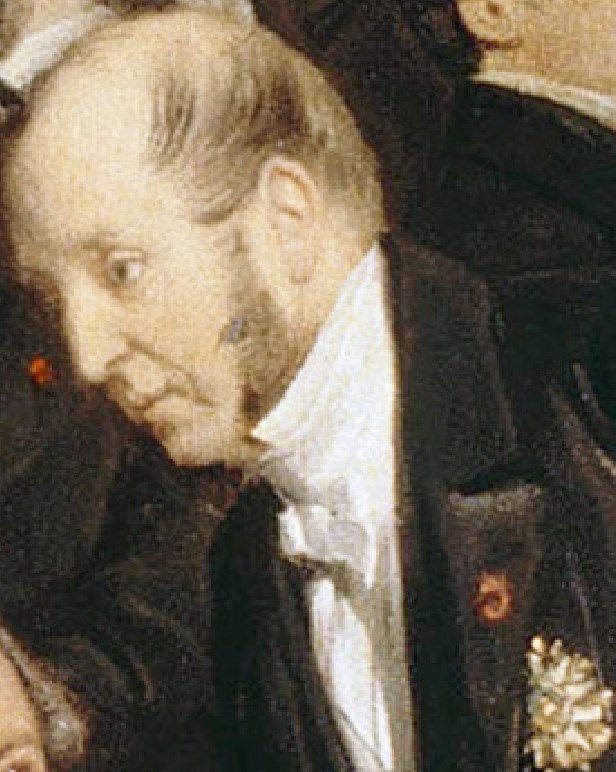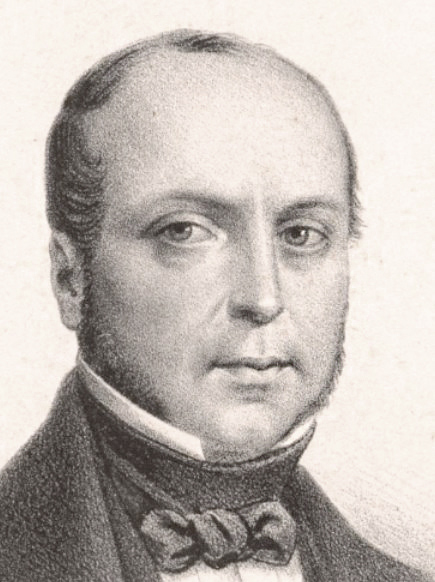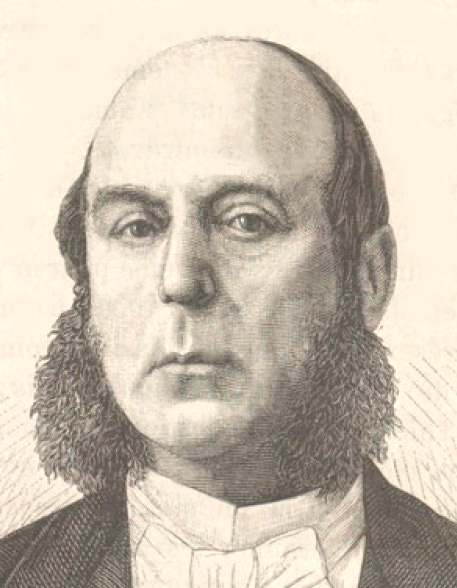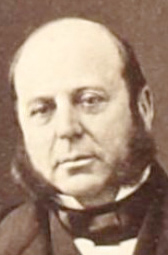Pierre-Jules Baroche (1802 – 1870), attorney, minister of Justice
1st image: Soirée; 2nd: by Farcy (1851); 3rd: engraving (c.1860); 4th: by Disderi (1868).
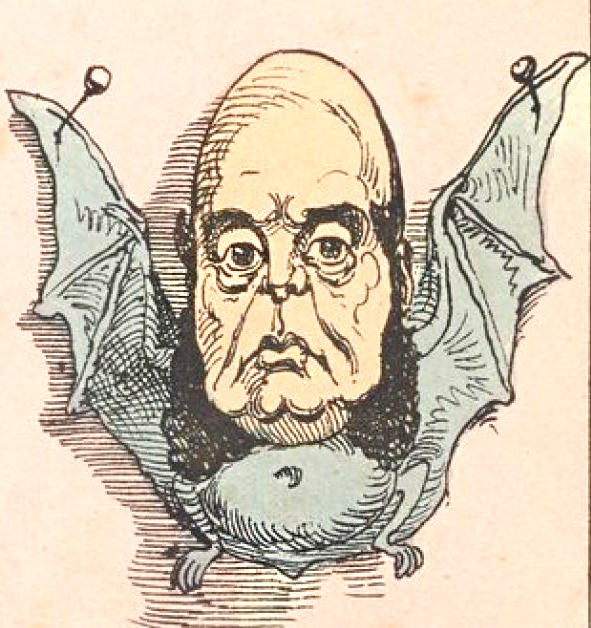
from Menagerie Imperiale
Jules Baroche is probably the least liked person in Une Soirée au Louvre.
A gifted orator and attorney, always ready for a fierce discussion in the assembly, Baroche did the dirty work for Louis-Napoleon’s coup d’état.
He curbed public vote rights, halted publication of newspapers, enforced censorship, and favored public death penalty executions.
He persecuted, imprisoned, and deported political opponents.
He became Minister of Interior (1850 - 1851), replacing attorney Ferdinand Barrot55, and served many years as state council and Minister of Justice. He resented Haussmann07 and his expensive transformation of Paris, opposing him wherever he could.
Viel-Castel43, conservator and co-host of the vendredi-soirées writes: "Baroche est un canaille (a scoundrel)," and: "Princess Mathilde calls him the biggest thief of all."
Why did this man attend the vendredi-soirées, and why was he depicted?
Likely reason was that in 1853, although ignorant of art —ignorant as a carp, wrote Viel-Castel— he managed to become president of the sculpture, engraving, and medals jury for the 1855 Exposition. De Nieuwerkerke16 was required to frequently meet with this powerful politician, and sought to avoid his opposition. It would have been unwise not to give Baroche a prominent place in the painting. Eugène Giraud11 did not draw his caricature, but there were ample in the critical newspapers.
Famous tragédienne Rachel Félix81 successfully opposed Baroche when he dismissed her friend Arsène Houssaye as administrator of the Théâtre-Français. Her friends, writers Augier53, de Musset73, and Ponsard70a had already pleaded with Baroche to reconsider, without success.
One evening, Rachel waited outside Baroche’s house and entered his carriage when he departed. She told him she would resign if Baroche did not grant her wish. Baroche succumbed, on the condition that she and Arsène would dine with him the following Saturday.
For the next ten years, Houssaye programmed modern plays by Hugo, de Musset, and Dumas that were highly successful. There are no records of how the dinner went.
At the fall of the Second Empire in 1870, Baroche, and other politicians like Drouyn de Lhuys, went into exile on the UK island of Jersey, a harbor for political refugees. In 1870, after receiving the news from Jersey (by pigeon) of his death in exile, a newspaper remarked:
"Without going any further, we will say that France has just been rid by the death of a bad citizen, and the Republic of a bitter enemy […] this former Bonapartist minister of injustice."
Even a religious paper criticized him as: "an unscrupulous henchman, who boasted of having outstripped the people’s justice.”
His funeral was notably unattended by his allies. The day after Baroche’s death, his son was killed near Le Bourget by the Prussian army. One press comment harshly stated that this heroic death at least partially compensated his father's deeds.
